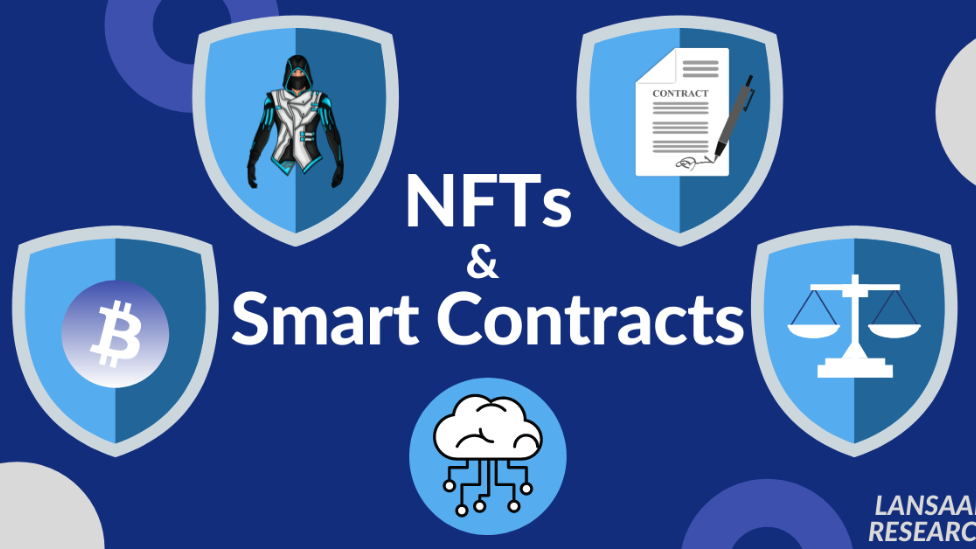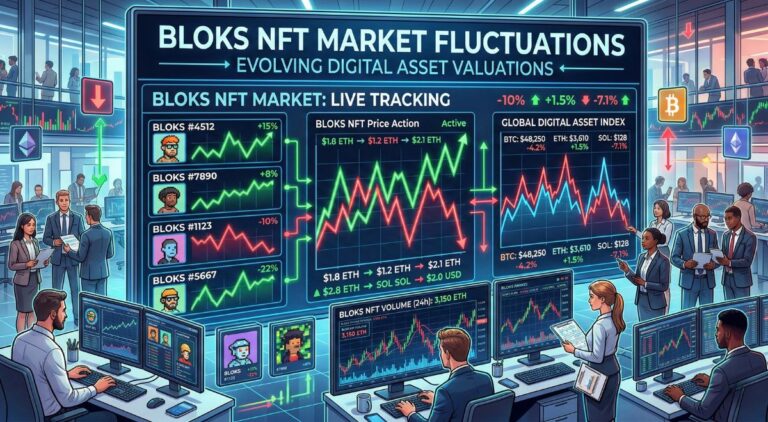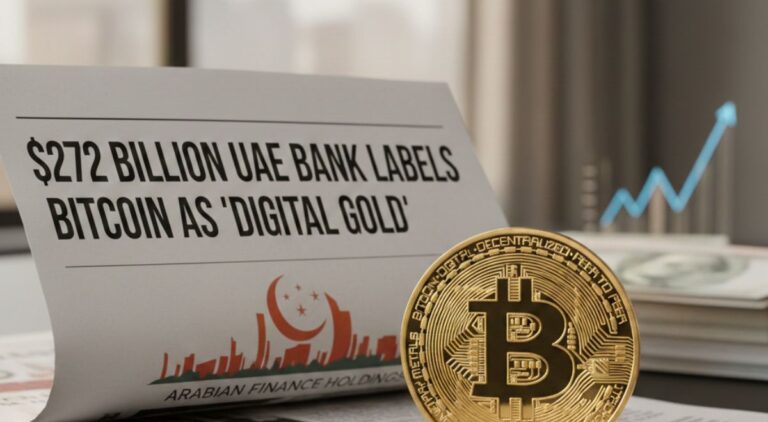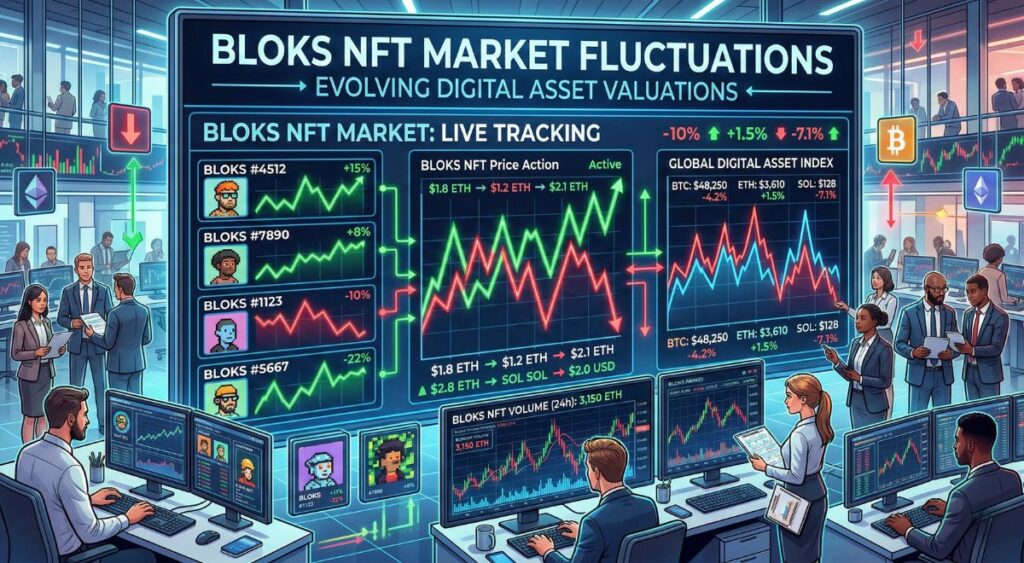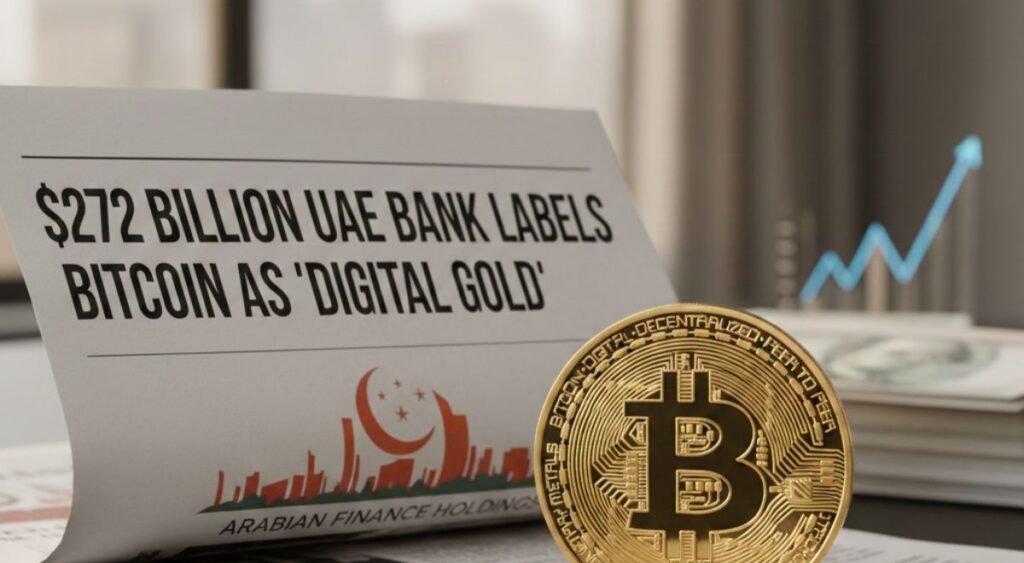The last year has seen a substantial uptick in NFT activity. In fact, as of January 15, 2022, it was predicted that the total sales value of NFTs on the blockchain was USD 150M. You may be interested in NFTs, smart contracts and other digital assets but want to know if they’re Sharia compliant; you’re in the right place.
An NFT represents digital content scarcity. The NFT technology is built on top of the Ethereum blockchain. It enables game developers, content producers, and artists to give due credits for their works. Continue reading to learn more about NFTs and the Sharia considerations for digital assets.
Understanding NFTs from A Sharia Perspective
NFTs are a type of non-exchangeable data unit which resides on a blockchain. They are not interchangeable in that one Bitcoin is the same as another. Instead, every NFT stands for a distinct digital file on the blockchain. Digital assets could be easily distributed and copied before the blockchain, the main distinction between it and a non-fungible token.
Naturally, the fiqh surrounding NFTs will become increasingly complex as it is a developing field. However, there are a variety of academic perspectives on whether or not an NFT complies with Shariah. The Shariah compliance of an NFT’s components is what, in theory, determines if it is permissible. This essentially means halal and non-fungible.
According to Mufti Ismail Desai, NFTs will be regarded as Sharia-compatible if the non-fungible is halal. This reasoning according to Sharia is that, “Everything is permissible, provided there is no proof that it is prohibited.” Because it symbolises the use of a blockchain system, an NFT is, therefore, legal.
Through the utilisation of halal supply chains, NFTs also offer a potential route for introducing the underlying technology of cryptocurrencies. This is crucial since Indonesia’sIndonesia’s Ulema Council banned cryptocurrencies in November 2021 because they had elements of uncertainty and gambling.
How Digital Assets Can Comply With Islamic Finance Law
The use of NFTs in Islamic investing portfolios is a new development. The growing Islamic Finance sector promotes an improved perspective on prospective investments. The foundation of Islamic banking and finance is Shariah, or Islamic law, which forbids, among other things, the charge or payment of interest on loans and focuses on moral and just financial dealings.
Islamic banking differs from traditional banking in that it forbids charging or paying interest on loans, one of its more salient characteristics. NFTs contain a substantial amount of visual media. In light of this, Halal NFTs cannot depict anything Sharia forbids. Additionally, they are not allowed to represent something illegal.
Ultimately, nothing sacred can be depicted in a Shariah-compliant NFT. In this sense, NFTs that do not adhere to Shariah may contain depictions of Allah or the Prophets. NFTs that make fun of or deform individuals are likewise against Shariah. Muslims should also refrain from purchasing NFTs that show body parts that the Shariah forbids showing and should be covered up

